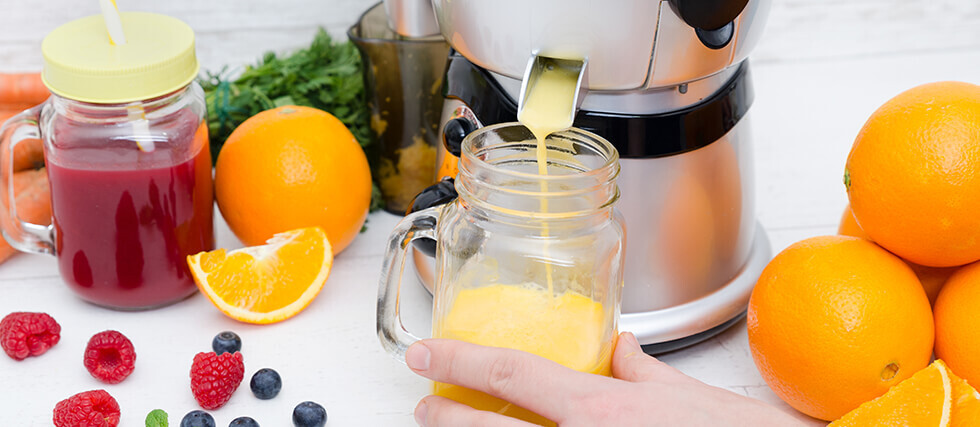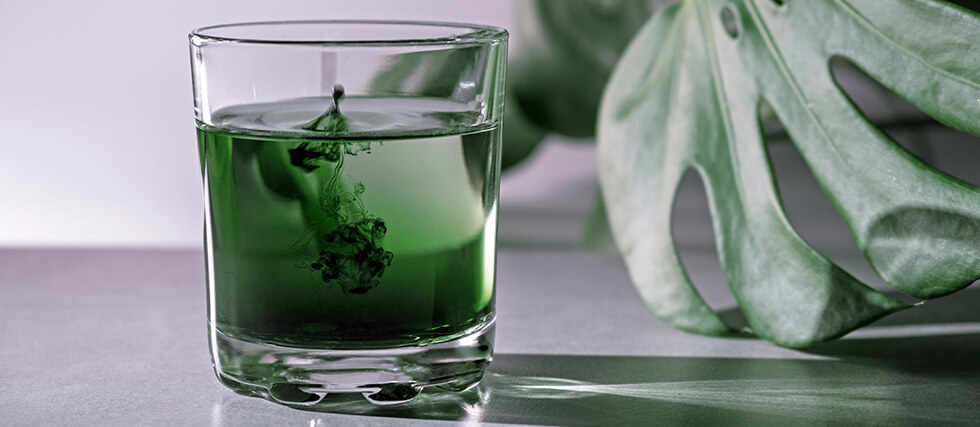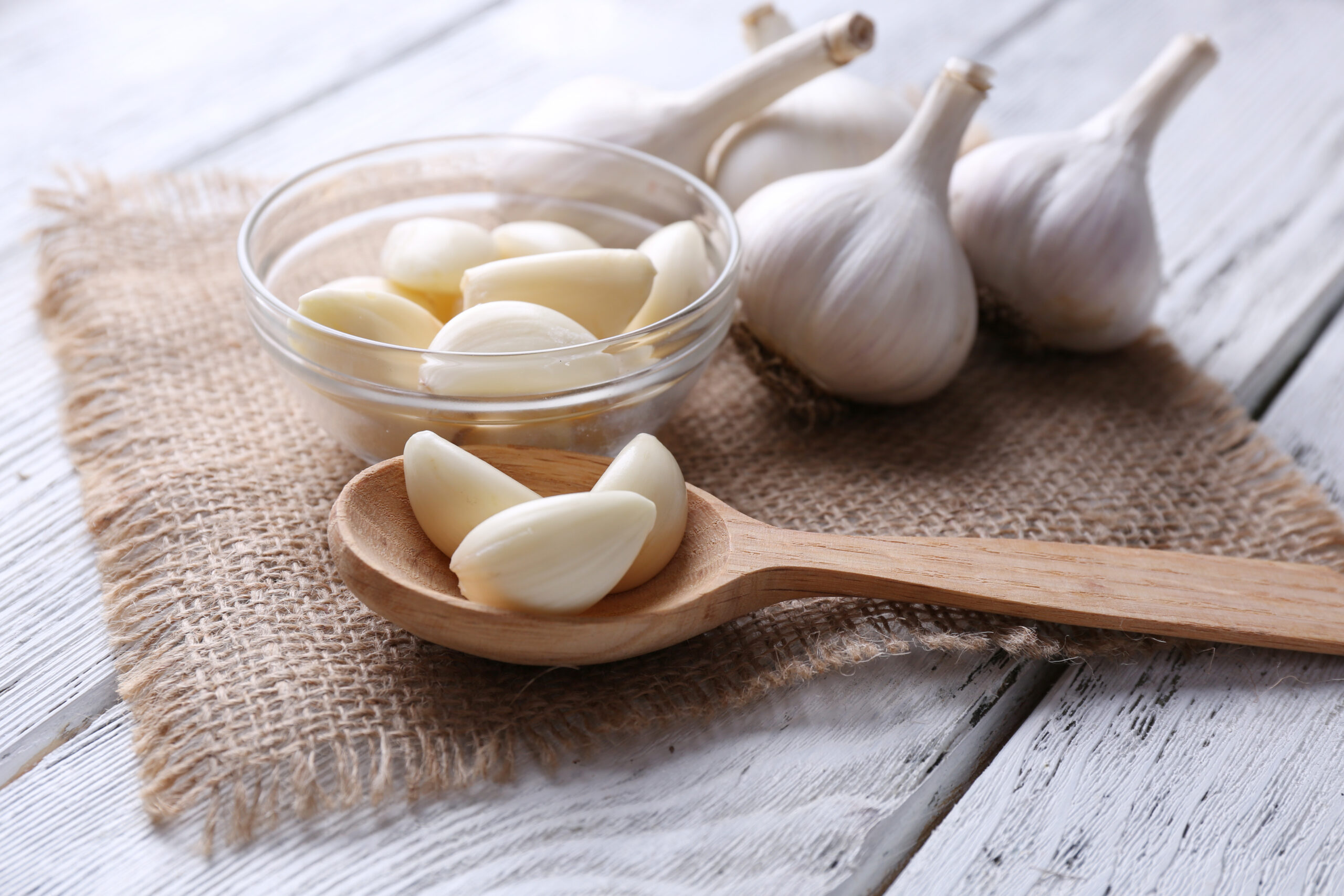Thinking of Doing a Juice Fast? Here’s What You Should Know
Juice cleanses have become a popular trend, often promoted as a way to “detox” the body and jumpstart weight loss. But before you commit to a few days of sipping only fruit and vegetable juices, it’s important to understand what really happens to your body—and whether the benefits outweigh the risks.
The Pros
Juicing can temporarily increase your intake of vitamins, minerals, and antioxidants. For some, it may feel like a fresh start, especially after periods of overeating or unhealthy habits. Short-term weight loss is also common, though it’s usually water weight and rarely sustainable.
The Risks
Juice cleanses are low in calories and fiber but high in natural sugars, which can cause blood sugar spikes or crashes. This may lead to headaches, fatigue, or dizziness—especially for those with diabetes or other health conditions. Because juices lack fiber, they don’t keep you full, and some packaged versions include “detox” ingredients like laxatives, which can lead to dehydration and electrolyte imbalances. Unpasteurized juices may also carry harmful bacteria.
Long-Term Concerns
Juice fasting can slow metabolism, reduce muscle mass, and encourage disordered eating patterns. Many people regain the lost weight quickly once they return to normal eating. Certain juices, like those made with spinach or beets, can also be high in oxalates, which may contribute to kidney issues if consumed in excess.
A Better Approach
Instead of extreme cleanses, aim for a balanced diet rich in whole foods, fiber, and hydration. Smoothies, anti-inflammatory meals, mindful eating, and regular exercise offer more sustainable, health-supporting results.
Bottom Line
Juice cleanses aren’t a magic fix. Your body already detoxes naturally. If you’re considering one, talk to your healthcare provider—especially if you have an underlying condition.





